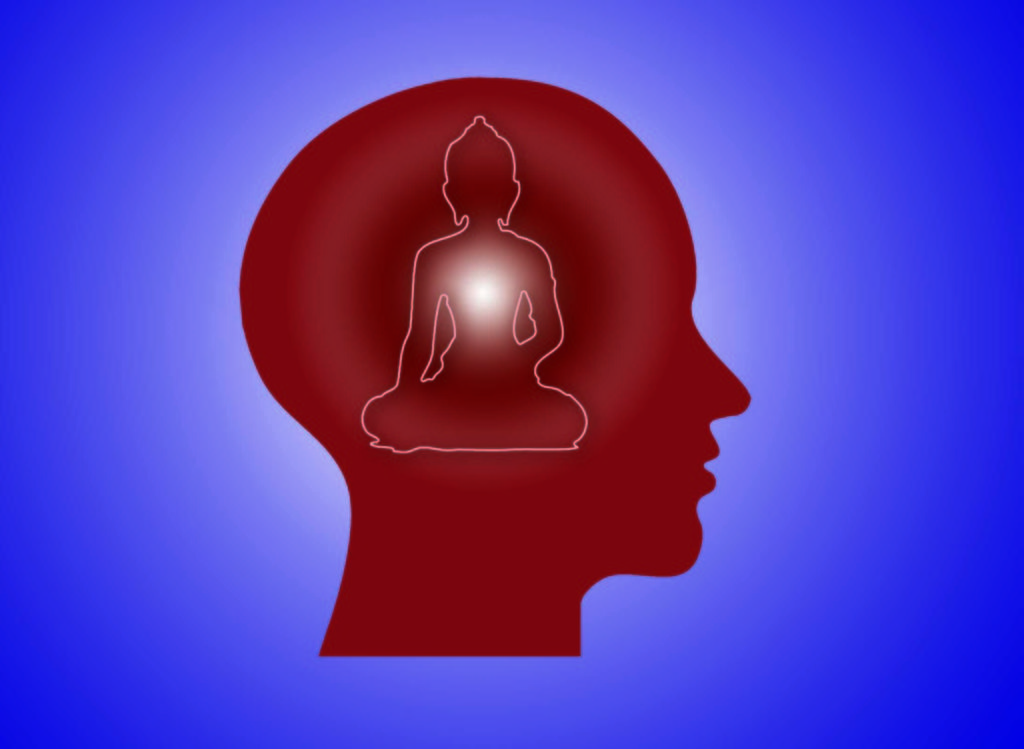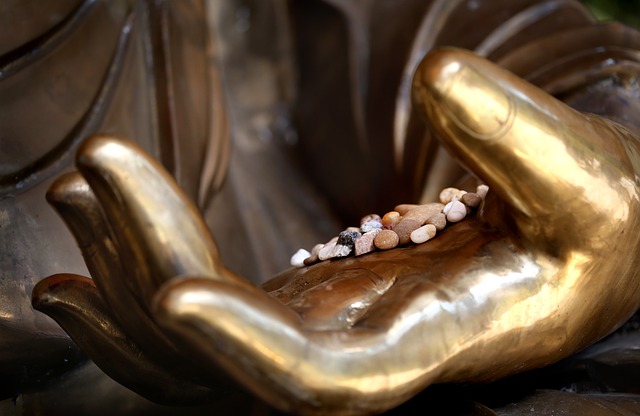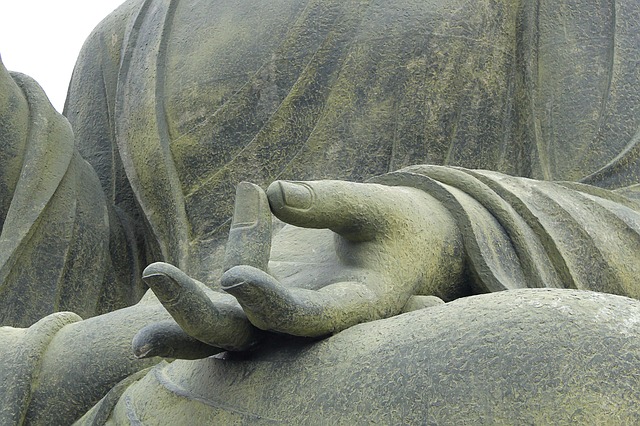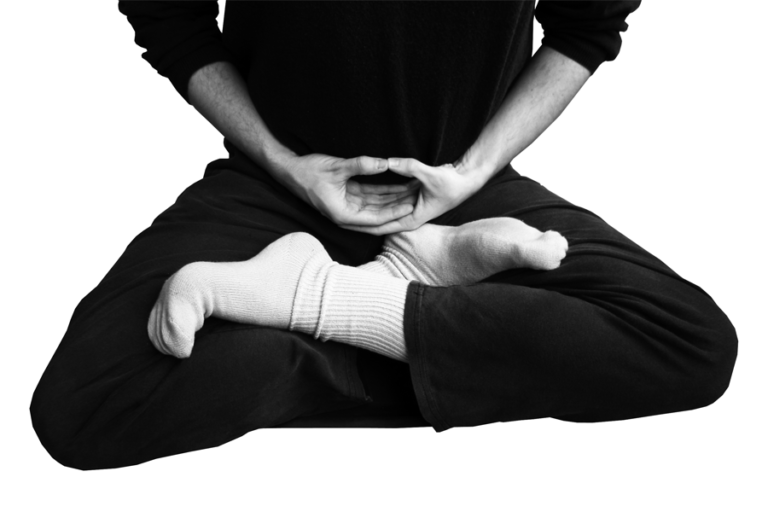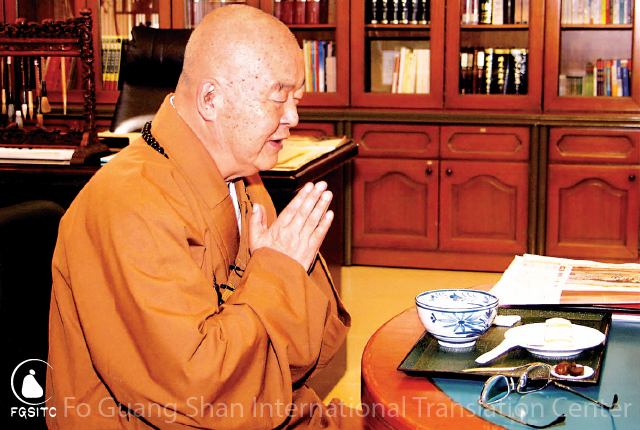
If we want to understand what the Dharma teaches us about building affinity and living in harmony with others, we must first understand the four great all-embracing virtues. The Buddha teaches that for us to realize our true capacity of connecting with and serving our fellow citizens, we have to first build a good rapport, and the four virtues are tools to that end.
The four virtues are giving, speaking with kind words, conducting oneself for the benefit of others, and adapting oneself to others.
Adapting Oneself to Others
The fourth virtue tells us to put ourselves in others’ shoes. If we try to force our own agenda, without taking the other person’s experience or state of mind into consideration, we are not being respectful. Worse yet, if we judge others’ points of view as inferior to our own, we are being counterproductive to creating good relationships; we are compromising the spirit of affinity.
We should regard others’ point of view with utmost respect and try to understand where they are coming from, even if we do not agree with them.
When we are sincere with others and don’t simply dismiss their viewpoint because it differs from our own or seems unimportant in our eyes, relationships have a better chance of flourishing into something positive and trusting and everything just seems to fall into place.
If we are successful in being sympathetic to another’s perspective, we will not be so quick to lay blame at others’ feet or so stubborn in asserting our own opinion. By practicing this virtue, many potential arguments will simply not come to fruition. The following story demonstrates how a certain family has not yet put the fourth great virtue into practice. As each family member maintains their own rigid viewpoint without considering the other’s feelings, an argument escalates that could have easily been avoided.
Another way to practice the virtue of adapting ourselves to others is through a simple method that we can use in our everyday life. When practiced sincerely and without resentment, this method works every time. All you have to do is remember this:
“You are right; I am wrong.”
This may sound counterintuitive because we are so entrenched in our habit of looking out for ourselves and defending our own opinions, however, it is a worthwhile practice and always keeps peace between people.
I encourage you to try “You are right and I am wrong”—even if only once. Your affinity with others will bloom like a lovely flower, and potential conflicts will wither away.
When we practice the four great all-embracing virtues, we are on our way to realizing our capacity for connection with others. Taking is turned into giving; harsh words are turned into compassionate ones; selfish thinking is turned into consideration for others; troublesome relationships are turned into harmonious ones; and animosity is turned into affinity.
From Living Affinity, written by Venerable Master Hsing Yun.
Image from Pixabay.


